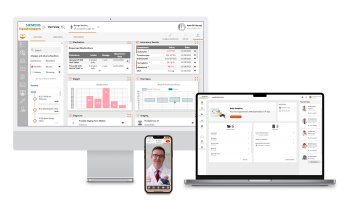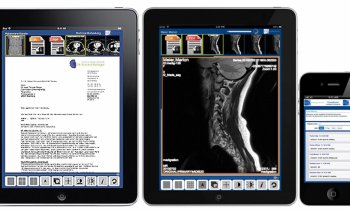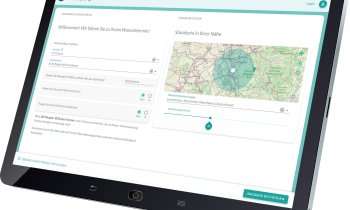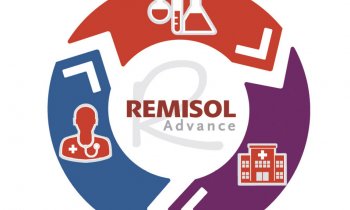Connected Care
Improving medication adherence via a patient-centric platform
Dr Stefan Becker, a trained medical doctor with an M.B.A. degree, works as a senior nephrologist and transplant officer at Essen University Hospital and manages its Institute for Drug Safety. In an interview he spoke about his involvement in e-health projects in the field of connected care that he carries out with interdisciplinary teams, including the Fraunhofer Institute for Software and Systems Engineering (ISST). We were particularly interested in the Connected Care Framework that was just launched this April.
Interview: Cornelia Wels-Maug

What is the idea behind the Connected Care Framework?
The core idea is to develop a patient-centred communication infrastructure that serves as a base for value-added services. These services can then be integrated into mainstream healthcare delivery. We focus on medication adherence of chronically ill patients as this is a big challenge: Studies identified that only one-third of patients who have gone through transplantation adhere to their medical regime. Non-adherence, on the other hand, can jeopardise the success of the procedure. We developed the Connected Care Framework including an app for patients, which is designed to help them to better comply with the medication regime and hence increase patient outcome.
How does the Connected Care Framework work?
The framework uses technology and data security concepts already implemented in the electronic patient record as an interface between physicians in the outpatient and inpatient field and the patient. It is a system that allows adapting its single modules to patients’ needs. We created a personalised app that permits doctors to give feedback in an unstructured way, such as asking ‘How are you? Do you feel good or bad?’ Medical data is processed using a token-based system, permitting the patient to authorise those users with whom he or she wants to exchange information.
Which benefits does the app hold for patients?
The app involves the patient into the treatment process. Via a memory function, for example, it reminds patients to take their medication or to measure their vital parameters at a designated time. It also allows patients to record their moods as well as to look at the medication plan compiled by a doctor.
Where is the app used?
German health insurance Techniker Krankenkasse (TK), the leading public state health insurer by number of insured, is the first to deploy the app in a newly created adherence program, which supports telephone coaching. Apart from the insurance field, the app will be rolled out in the nephrology department of Essen University Hospital and sometime later in an outpatient practice. We are also preparing further use cases for pharma companies.
Which further developments are planed?
The communication infrastructure behind the app was developed as a prototype to be rolled out in diverse settings: Either in term of use cases, such as general practitioners, rehabilitation, or in terms of functionality by adding modules to support certain modifications of behaviour as needed. We would also like to explore the app as a communication tool in the pharmaceutical industry and are already in talks with some companies. The intention is to offer a complementary service to selling drugs, giving pharma companies a competitive edge. By increasing medication compliance, pharmaceutical firms can leverage drug sales. We have seen the first advances in this direction with pharma companies sponsoring telephone hotlines for individuals who have just received organ transplantations. Especially nephrological associations are very interested in this topic.
22.04.2015











